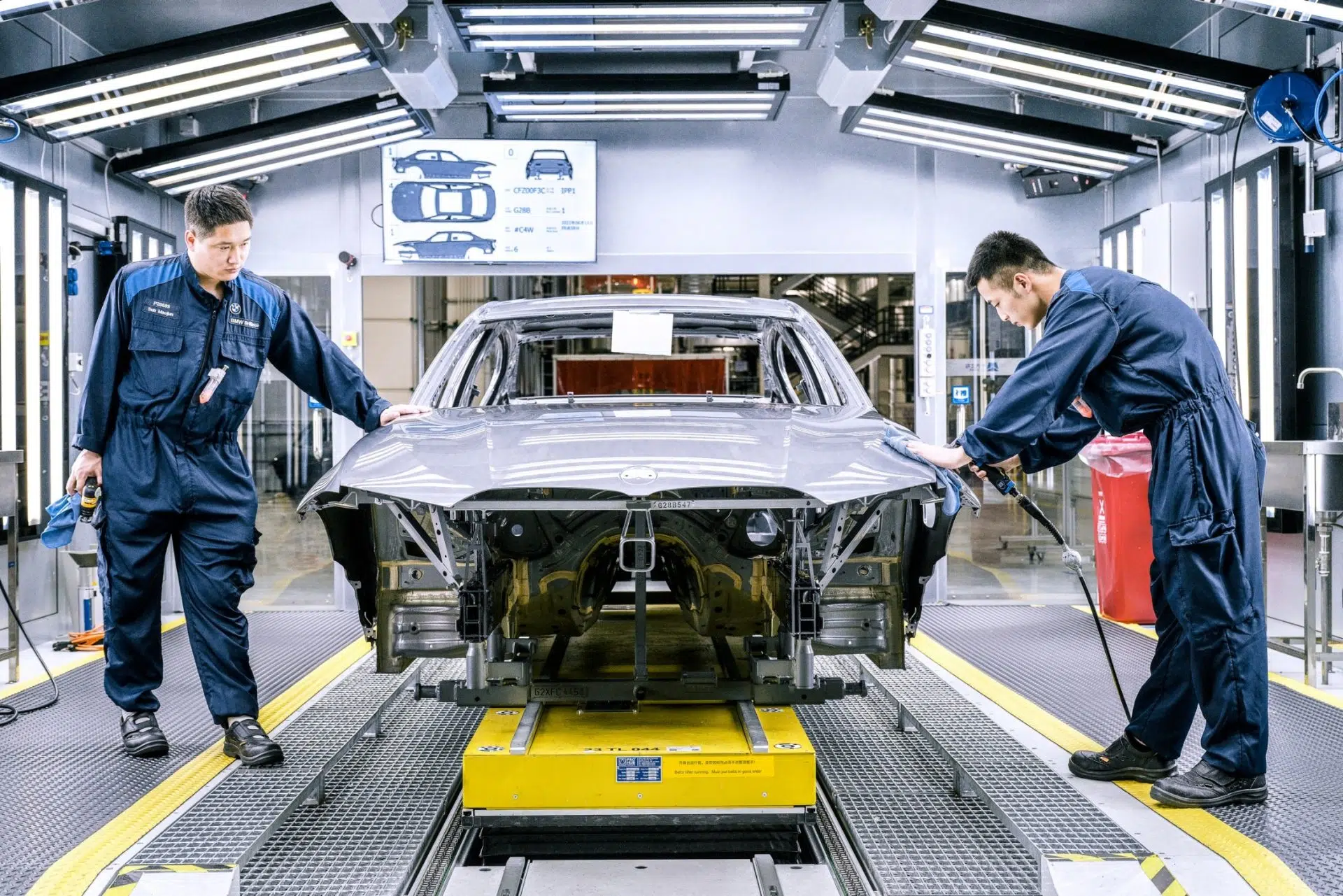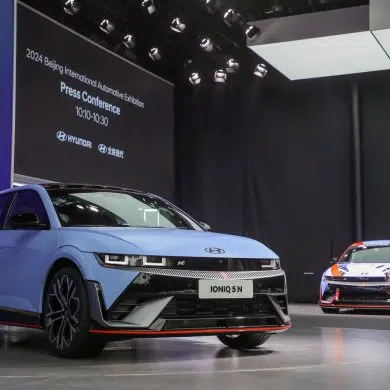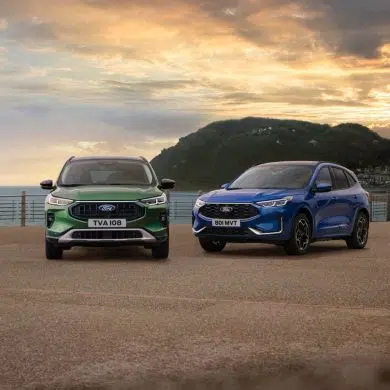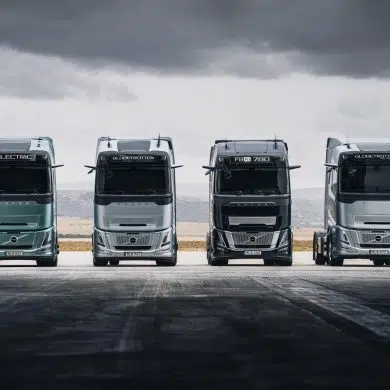The BMW Group is systematically pursuing its climate targets for its supplier network and is significantly reducing the carbon footprint of its steel procurement. Following initial contracts with European suppliers, the BMW Group has now concluded further agreements to supply low-carbon steel in the USA and China.
"Steel is one of the main sources of CO2 in our supply chain. That's why we are completely reorganising our steel portfolio - so that we can supply our global production network with low-carbon steel at a rate of more than a third by 2026. This will reduce the carbon footprint of our supply chain by 900,000 tonnes per year, while driving the transformation of the steel industry," said Joachim Post, BMW AG Board Member responsible for Purchasing and Supplier Network.
In the medium term, the BMW Group will increase CO2 through agreements with additional steel suppliers and will therefore consistently promote the decarbonisation of its supplier network. Around 20% of CO2 of the supply chain for a medium, all-electric vehicle is due to steel - ranking third after battery cells and aluminium. With its versatile properties, steel is nonetheless one of the main materials for automotive manufacturing and will remain just as important for vehicles and their future generations.
Focus on renewable energy in the US and Mexico
For the Americas region, agreements have already been reached with domestic steel producers Steel Dynamics (SDI) and Big River Steel, as well as with a U.S. Steel facility that uses renewable energy in local steel production.
In the US and Mexico, around half of the BMW Group's steel level requirements come from an electric arc furnace (EAF) production process, which relies on electricity to melt iron and scrap steel. This process has significant potential for CO2 compared to a coal-based blast furnace. Reduced CO2 is then used at the BMW Group's plants in Spartanburg and San Luis Potosí to create bodies for BMW vehicles. Because of its properties as a material, steel from electric arc furnaces is particularly suitable for use in structural components such as the lower bodywork.
Use of innovative technologies in China
In China, the BMW Group has already signed an agreement in August with steel manufacturer HBIS Group, which will supply the BMW Group's plants in Shenyang with low-carbon steel.2 from 2023. HBIS Group is gradually switching to a hydrogen-based process in combination with steel making in electric arc furnaces to further save CO2 from 2026. BMW Group will become the first car manufacturer in China to use low-carbon steel from HBIS Group in wide-scale production.
Low-emission steel CO 2 in Europe
BMW Group signs agreement with Salzgitter AG for the supply of low-carbon steel2. The plan is to use steel in the widespread production of cars in the BMW Group's European factories from 2026 onwards. The BMW Group already signed a deal with Swedish startup H2 Green Steel last October. The company will supply the BMW Group's European factories with steel produced exclusively using hydrogen and electricity from renewable sources.
Closed-loop material cycles save resources
The BMW Group had already established closed-loop material cycles for steel sheet waste with several suppliers. When they deliver steel coils to the factory, manufacturers take steel scrap, such as that produced in the presses after the door panels are made, and use this material to produce new steel, which is then sent back to the BMW Group factories. In this way, raw materials can be used many times over as part of a circular economy model to conserve natural resources.
Investing in start-up companies ( startups ) accelerates the development of new technologies
In addition to the supply of low CO2, the BMW Group has also invested in an innovative carbon-free steel production process developed by US start-up Boston Metal through the Group's investment arm, BMW i Ventures. Boston Metal uses electricity for its new technology, which, through an electrolytic element, produces molten iron that is then converted into steel. If electricity from renewable sources is used in this process, then steel production is virtually carbon-free. In the coming years, Boston Metal plans to expand the new method to produce steel on an industrial scale.








